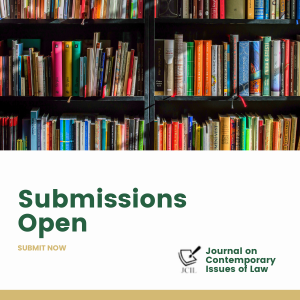River is a common property and plays cultural and socio-economic functions in the communities on its banks. Traditionally in India, various water-management CBOs and NGOs play significant role in safeguarding and guaranteeing the protection of rivers; because the significance of the ecosystem associated with each river is recognized by the communities. The Governments, too, play their role in the conservation and preservation of the natural resources and ecosystems. The motivation behind this research is to critically examine the various facets of river pollution with specific emphasis on the River Ganga in the context of the numerous steps taken by the legislative, judiciary as well as the communities in protecting the river and stop further damage.
It is argued in this dissertation that the judiciary is often limited in exercising their powers because the stakeholders or Governments have not yet seen any river in the capacity of a “living entity”. The silver lining to the dark clouds of viewing river as merely a source of water and an object of exploitation, the Uttarakhand High Court has accorded a tributary of Ganga River and the glaciers feeding the river, the “Human Status and Human Rights”. This path breaking accord has opened the door for further progress in grating rights to rivers and aquatic ecosystems.
On an emotional plane, it may appear as though there is a thin line between the grant of ‘Legal Rights’ and ‘Human Rights’; but in reality, it may not be easy to restate the legal positions and influence the jurisprudence related to “rights of a given river or water body”. Many pointed case laws will have to be ruled by the Hon. High Courts and by the Hon. Supreme Court of India and then the synthesis will emerge for a clear grant of ‘Legal Rights’ and ‘Human Rights’.


